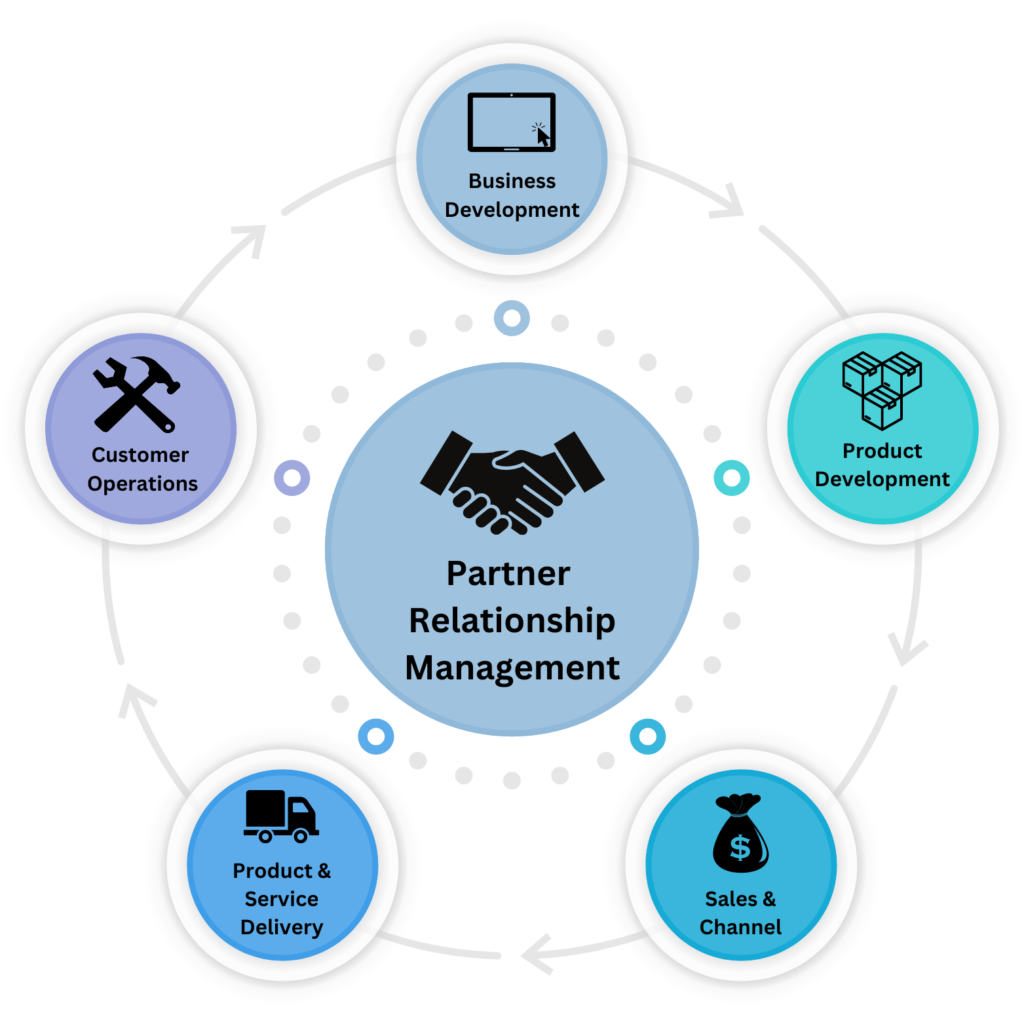The 7 Benefits of Partner Relationship Management

Partner Relationship Management (PRM) is a powerful tool for the construction industry, offering many advantages for businesses of all sizes. PRM simplifies working together, helps get more done, and promotes mutual growth. In this, we will explore the benefits and strategies associated with PRM, showing how it can help your construction business succeed.
Improving Business Performance:
PRM includes important elements and strategies that contribute to business growth. It helps with communication, teamwork, and setting goals, which all lead to better overall performance. By making processes more efficient and encouraging collaboration, PRM helps construction businesses achieve better project outcomes and make customers happier.

PRM versus CRM: It’s important to understand the difference between PRM and Customer Relationship Management (CRM) systems. CRM focuses on managing customer information, while PRM is specifically designed to manage activities with partners, like channel sales partners. PRM offers unique advantages by making partner interactions smoother, promoting collaboration, and creating joint marketing efforts, all of which contribute to successful construction projects.
Sharing Information and Communicating:
One of the main benefits of PRM is its ability to easily share information and simplify communication among partners. Construction companies can use PRM platforms to quickly share project-related updates, documents, and other important information. This transparency reduces mistakes, helps with timely decision-making, and improves how projects are carried out.
Collaborating with Partners:
PRM plays a crucial role in enabling smooth collaboration among construction partners (for ex: Architects, Builders, Contractors, Designers, Project consultants). It removes barriers that prevent partners from working well together and ensures that resources are used effectively. By coordinating activities and schedules, construction companies can avoid delays or conflicting timelines. PRM also helps with efficient use of manpower, equipment, and materials. By making collaboration seamless, PRM makes projects more efficient and effective.
Increasing Sales and Channel Performance:
PRM offers features that help construction businesses sell more and improve how their partners perform. By automating the process of bringing partners on board, PRM helps them become productive quickly and aligned with the company’s goals. PRM platforms provide marketing tools that make it easy for partners to generate demand and promote their products or services. Additionally, PRM streamlines partner sales by providing leads and opportunities, making the sales process more efficient and effective. PRM also provides reports and dashboards that partners can use to see real-time information and track their performance, which leads to continuous improvement.
Protecting Customer Relationships:
Another important benefit of PRM is that it protects customer relationships. By registering customers within the PRM system, construction businesses can prevent others from making similar deals with those customers. This protection ensures that partners receive proper recognition for their efforts in acquiring and servicing customers, which builds trust and loyalty within the ecosystem.
Sustainable Growth and Building a Good Reputation:
By implementing PRM strategies, construction businesses can achieve sustainable growth and establish a good reputation as preferred partners in the industry. PRM helps with efficient project management, reduces risks, and enhances collaboration among partners, leading to successful project delivery. Consistently using PRM improves project outcomes and contributes to building a positive reputation for being reliable, experienced, and professional. This, in turn, attracts more partners and customers, which helps the business grow.
In conclusion,
Successful project delivery in the construction industry depends on strong partnerships and effective teamwork. Partner Relationship Management (PRM) provides a strategic approach to nurturing these relationships. By using PRM strategies that emphasize open communication, setting mutual goals, and evaluating performance, construction companies can unlock many benefits. From improving business performance and collaboration to increasing sales and protecting customer relationships, PRM has the potential to transform the construction industry and drive long-term success.